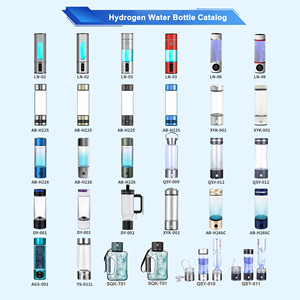Introduction to Fun Water Science Experiments
Exploring fun water science experiments is a fantastic way to ignite curiosity and a passion for learning in both children and adults alike. These experiments not only involve the fascinating properties of water but also demonstrate essential scientific principles. Engaging in these activities can help individuals understand concepts like density, surface tension, and chemical reactions in a dynamic and enjoyable way. Perfect for classrooms, homeschooling, or family activities, these experiments foster a hands-on approach to scientific education.
Types of Fun Water Science Experiments
- Density Experiments: Discover how different substances can float or sink in water.
- Surface Tension Experiments: Explore how water molecules attract each other, creating a 'skin' on the surface.
- Chemical Reactions: Combine vinegar and baking soda to create bubbling fun and learn about acid-base reactions.
- Water Filtration: Create DIY filters to understand the importance of clean water and the filtration process.
Applications of Fun Water Science Experiments
Fun water science experiments can be applied in various settings to enhance learning experiences and stimulate scientific thinking. Here are some key applications:
- In the Classroom: Use water experiments to complement science curricula and provide practical demonstrations of abstract concepts.
- At Home: Engage the family in scientific explorations that can be both fun and educational, promoting quality time together.
- Science Fairs: Students can present unique water experiments that showcase scientific methods and creativity.
- Community Events: Organize workshops where children and adults can partake in enjoyable science activities.
Advantages of Fun Water Science Experiments
There are numerous benefits of conducting fun water science experiments, making them an essential part of any educational journey:
- Enhances Learning: Provides a hands-on experience that reinforces theoretical knowledge and stimulates inquiry.
- Boosts Engagement: Captivates the attention of learners by making science enjoyable and relatable.
- Encourages Critical Thinking: Promotes problem-solving and analytical skills as participants formulate hypotheses and conduct trials.
- Safe and Accessible: Most experiments can be performed with easily obtainable materials, making them safe and budget-friendly.






















































